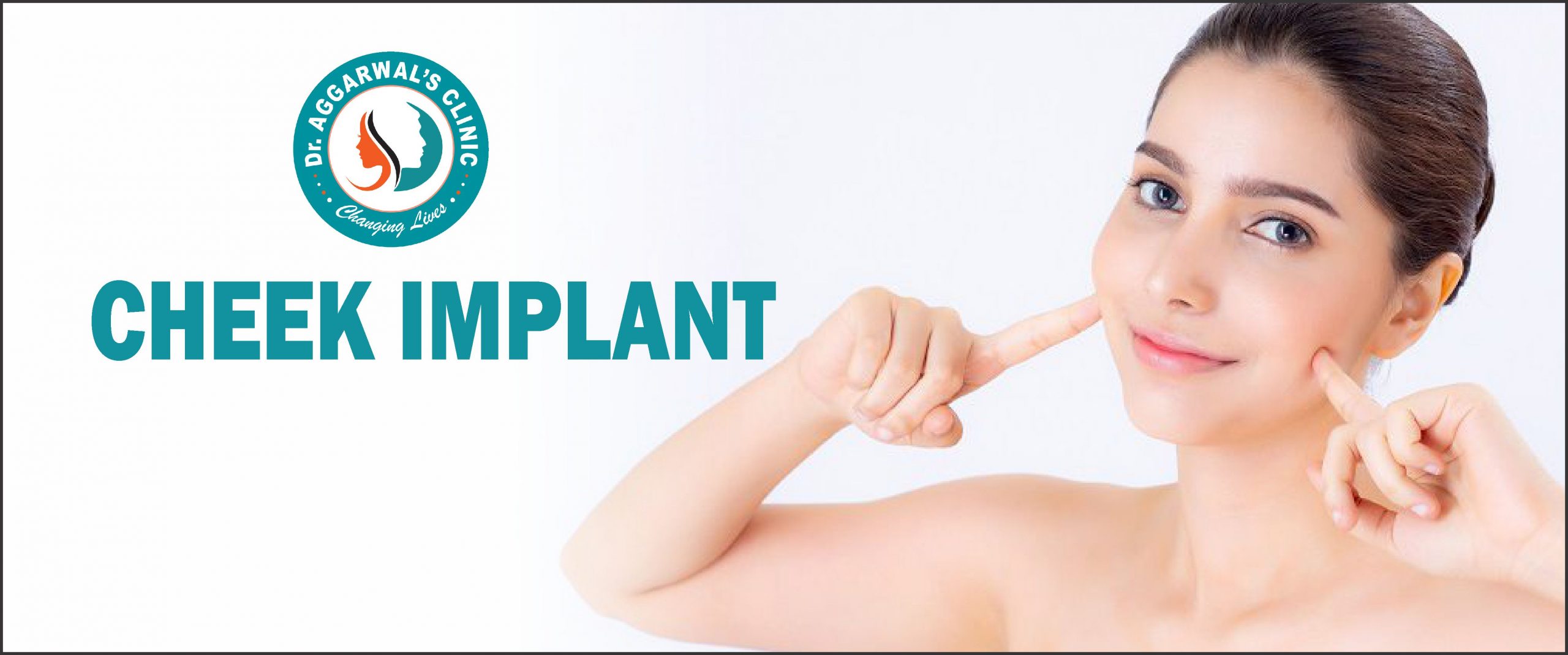Cheek Implant Surgery in jodhpur

Book An Appointment
Meet Our Team of Experts.
Dr. Karun Aggarwal is amongst one of the best Hair doctor in Jodhpur and this is claimed not only by us but also by many of his former and current patients. He is cited as one of the best for Hair Transplant in Jodhpur and can provide many types of Hair Loss Treatment in Jodhpur itself. He has completed his post graduation in facial plastic and maxillofacial surgery in 2011. He did his fellowship in Aesthetic Medicine and Laser from Germany and is a very trusted Facial Plastic Surgeon and Hair doctor in Jodhpur. Dr. Aggarwal is also a very experienced doctor for all types of hair problems and is a certified trichology expert who has performed many hair transplant surgeries successfully. He is one of the few doctors whose experience is coupled with genuine concern for his patients.
MAKE AN APPOINTMENT
Meet Our Team of Experts.
Dr. Karun Aggarwal is amongst one of the best Hair doctor in Jodhpur and this is claimed not only by us but also by many of his former and current patients. He is cited as one of the best for Hair Transplant in Jodhpur and can provide many types of Hair Loss Treatment in Jodhpur itself. He has completed his post graduation in facial plastic and maxillofacial surgery in 2011. He did his fellowship in Aesthetic Medicine and Laser from Germany and is a very trusted Facial Plastic Surgeon and Hair doctor in Jodhpur. Dr. Aggarwal is also a very experienced doctor for all types of hair problems and is a certified trichology expert who has performed many hair transplant surgeries successfully. He is one of the few doctors whose experience is coupled with genuine concern for his patients.
Cheek Implant
If You’re Considering Facial Implants
Plastic surgeons use facial implants to improve and enhance facial contours. These implants can bring the face into balance by building up the chin, the cheeks, or the jaw. There are many facial implants available, manufactured from a variety of materials. They can help strengthen a jawline or bring the chin or cheekbones into balance with the rest of the face.
This web page describes some of the facial implants currently available as well as the techniques for their use. It will familiarize you with these procedures but cannot provide all the details which may be relevant to your particular needs.
If you feel that one or more of the procedures described here may benefit you, be sure to ask your plastic surgeon for more information.
What to Expect From a Facial Implant
Facial implants can enhance your appearance and bolster your self esteem. If you are looking for improvement, not perfection, in your appearance and are realistic in your expectations, you may find that a facial implant is the right choice for you.
Plastic surgeons will frequently use such implants to bring better balance to the features of a younger patient. For instance, a teenage girl may want her nose reshaped or her chin brought forward so that these traits are better proportioned. The more mature patient may choose to have an implant placed in conjunction with another cosmetic procedure. For example, during a facelift, a patient may wish to have implants placed over the cheekbones to help restore a more youthful appearance. Implants may also be selected to fill out a face that appears “sunken” or tired.
Cheek Surgery
To augment the cheek area, your plastic surgeon can insert cheek implants through an incision in the mouth, placing them directly on (or even below) the cheekbone. These facial implants can vary in size and shape, to achieve an individualized result.
Cheek augmentation surgery usually requires about 30 to 45 minutes. When cheek implants are being placed in conjunction with another cosmetic procedure, such as a facelift, brow lift or eyelid surgery, the implants may be inserted through the incisions made for those procedures. Otherwise, an incision will be made either inside your upper lip or your lower eyelid. Your plastic surgeon forms a pocket for the implant, inserts it and secures it into place.
Recovering from Cheek Surgery
After the surgery, a dressing will be applied to minimize discomfort and swelling. The severity and duration of such side effects may vary, especially if another cosmetic procedure was performed at the same time. Your plastic surgeon will provide you with instructions about post-operative care. There will be dietary restrictions as well as limitations to your activities. Again, these instructions will vary, especially if another procedure was performed along with your implant surgery. However, you should be aware that your ability to move your mouth and lips may be diminished temporarily. Stitches used to close the incisions inside your mouth usually dissolve within about 10 days.
Frequently Asked Questions
Cheek (malar) augmentation surgery is used to enhance the shape and size of your cheekbones in particular and your face overall. As we age, our face tends to lose some of its fullness, making it appear to sag. Cheek augmentation surgery can restore fullness for a more youthful appearance.
There are several available options for cheek augmentation including a combination of a mid-face lift and injections of soft tissue injectable fillers or fat fillers. For a permanent fix, malar augmentation using implants made of solid silicone, Gortex or Alloderm may be the way to go.
Extensive pain is not typical with malar augmentation with implants; however, if you have a low threshold for pain, ask your surgeon to prescribe an analgesic in advance. Swelling and bruising are typical. What’s more, you may feel a degree of numbness that will normally disappear within one to three months.
If there are sutures, they will be removed in approximately five to 10 days.
Yes, there will be scarring; how visible it is depends on the type and location of incision your surgeon uses.
Considerable swelling may occur due to tissue trauma, especially if screws are used to affix the implant to the cheekbone. Your cheeks will look over-augmented for a while, and the definition you are seeking may not be apparent for a few months.
- There is a chance of infection, hematoma (blood pooling), seroma, numbness from nerve damage, asymmetry and hyperpigmentation (permanent discolorations) caused by the bruising. There is the risk that the implant will shift, requiring additional surgery to reposition it. Also, there is a chance you won’t like the final results, in which case you may need to undergo a revision surgery or removal of the implant.
Standard cheek implants were designed to last your lifetime. If you go the filler route, the augmentation will last several months to a year.



